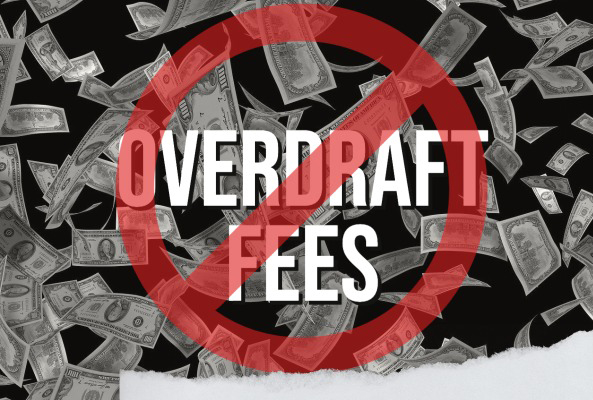 Yesterday I went shopping for some basketball shoes. After a few ankle twists, I thought they would be worth the investment. The first question that popped out of the sales associate’s mouth-what’s your budget?
Yesterday I went shopping for some basketball shoes. After a few ankle twists, I thought they would be worth the investment. The first question that popped out of the sales associate’s mouth-what’s your budget?
I’m not a serious basketball player (actually far, far from it). I only play occasionally with the family. So I had set my budget at around $50. And I ended up buying a nice pair for $52.
That word budget got me to thinking about this blog post. Having a budget for a purchase is a good thing. And creating one for everything is even better.
Budget is a word that many people find suffocating, limiting or frustrating. The thought of creating and sticking to a budget can be scary. But it doesn’t have to be that way.
On the flip side, having and sticking to a budget can give you a sense of relief in knowing your making the right decisions for your money.
Budgets can help you manage your money better. They are a great way to be a more disciplined spender. Budgeting your money may help you be more intentional in saving for emergencies, retirement, a new home, college and other important things.
In general, you can create a simple budget using a pen and paper. You need two separate columns to capture:
- Monthly income
- Monthly expenses
Monthly Income – What money do you have coming in every month? This includes any and all income you receive on a monthly basis like take-home pay, child support payments, or rental property and/or other investment income.
Monthly Expenses – Capture all of your monthly expenses. These may include your rent/mortgage (insurance), other household expenses (utilities, groceries), personal expenses (gym, cosmetic, dry cleaning, entertainment), childcare, travel costs (gas, insurance, commute) and savings contributions.
Be sure to include any expenses that may occur on a variable basis (quarterly, annually) also. For example, you may pay your car insurance every six months or year. You need to get the monthly cost estimate for this expense and include it under your monthly expenses.
Track Your Money – If you do not know how much money you spend every month, you may want to check your banking or billing statements. Tracking your money everyday for a month will also give you more insight into your spending habits. Tomorrow is March 1st and the perfect time to start tracking your money.
Analyze Your Numbers – After you create your budget, take a look at your numbers. Do the math and subtract your total monthly expenses from your total monthly income. Do you have any money leftover?
A few questions to consider:
- Are you spending more than you make?
- How can you reduce your expenses and/or increase your income?
- What can you do differently to reach your financial goals (e.g., eliminate debt, save for a new home)?
Reflect on where you stand today and what you may need to differently tomorrow to reach your financial goals.
Manage Your Budget – Set budget goals for your monthly expenses and track them every month to see if you are staying on track. There are many free online tools to help you manage your budget.
For more help with creating and managing your budget, check out:



